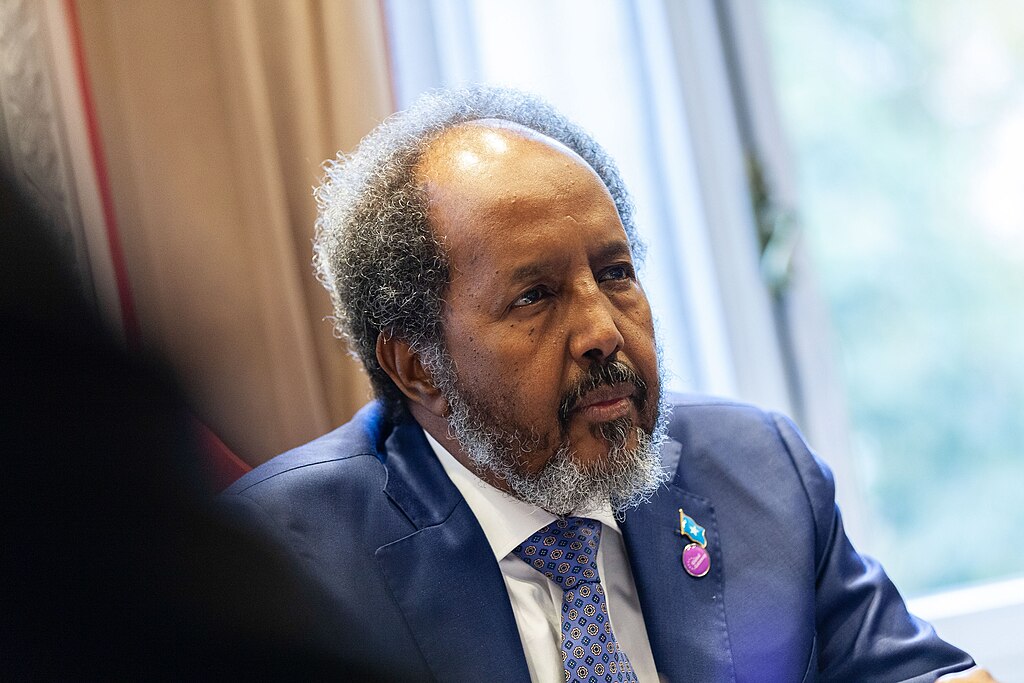Constitutional reforms cause rifts in Somalia

Somalia’s President Hassan Sheikh Mohamud said there would be no changes to the reforms
Anna Johnson — After the Somali federal government passed constitutional reforms that replaced the existing clan-based voting system with a popular vote and allowed their President to remove the Prime Minister, Somalia’s largest state, Puntland, withdrew from the federal system. This withdrawal is part of a history of tumultuous territorial disputes. Ever since clan leaders overthrew the Somali Democratic Republic in 1991, Somalia has struggled to remain an organized state. The revolution, which unseated the military government of President Major General Mohamed Siad Barre, sparked the ongoing Somali Civil War which has split Somalia into two major political areas — one controlled by the Somali government and another, the self-declared state of Somaliland. Other territory in the state remains in flux, with competing land claims from the Somali government and the militant group Al-Shabaab. Since 2012, the state has operated under a provisional constitution which created a parliamentary system of government. Recent updates to that constitution have created further discontent in the country, leading its largest and most wealthy state to withdraw from the federal system.
With its territory already split into regions claimed by several different authorities, Somalia’s sovereignty, or right to control what happens within their territory is at risk. Constitutional reforms passed by the government of President Hassan Sheikh Mohamud that allow him to appoint and dismiss the Prime Minister and that replace the existing clan-based voting system with a popular vote have prompted the semi-autonomous state of Puntland in the northeast of Somalia to split from the federal system and claim independence from Somalia’s sovereignty. Having already declared autonomy in 1998, the further withdrawal from the Somali federal system is part of deterritorialization or the process by which a state or other territorial entity breaks up.
This process calls into question the boundaries of Somalia. Boundaries are the dividing lines that separate territorial entities like states from one another. When a state’s sovereignty over its territory is called into question, so are its boundaries. While not recognized by other states internationally, Somaliland has claimed a swath of land in the northern region of Somalia. With Puntland operating as an independent state until constitutional disputes over the voting system and presidential powers are resolved, the Somali government will now need to work to reenforce its globally recognized boundaries and regain sovereignty over that land. If Somaliland and Puntland continue to operate outside the existing federal system, they will build up their claim to sovereignty over the territory and may push to be recognized as independent. Somaliland has been building this case for decades, operating as an independent state but having no formal recognition on an international level. Officials from Puntland say if they can resolve the constitutional issues through a referendum, they will return to the federal system but the President of Somalia says there is no room to negotiate.
Photo Credit: European Union, 2024, CC BY 4.0, via Wikimedia Commons

